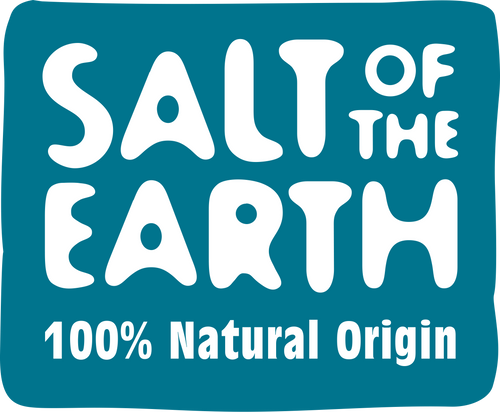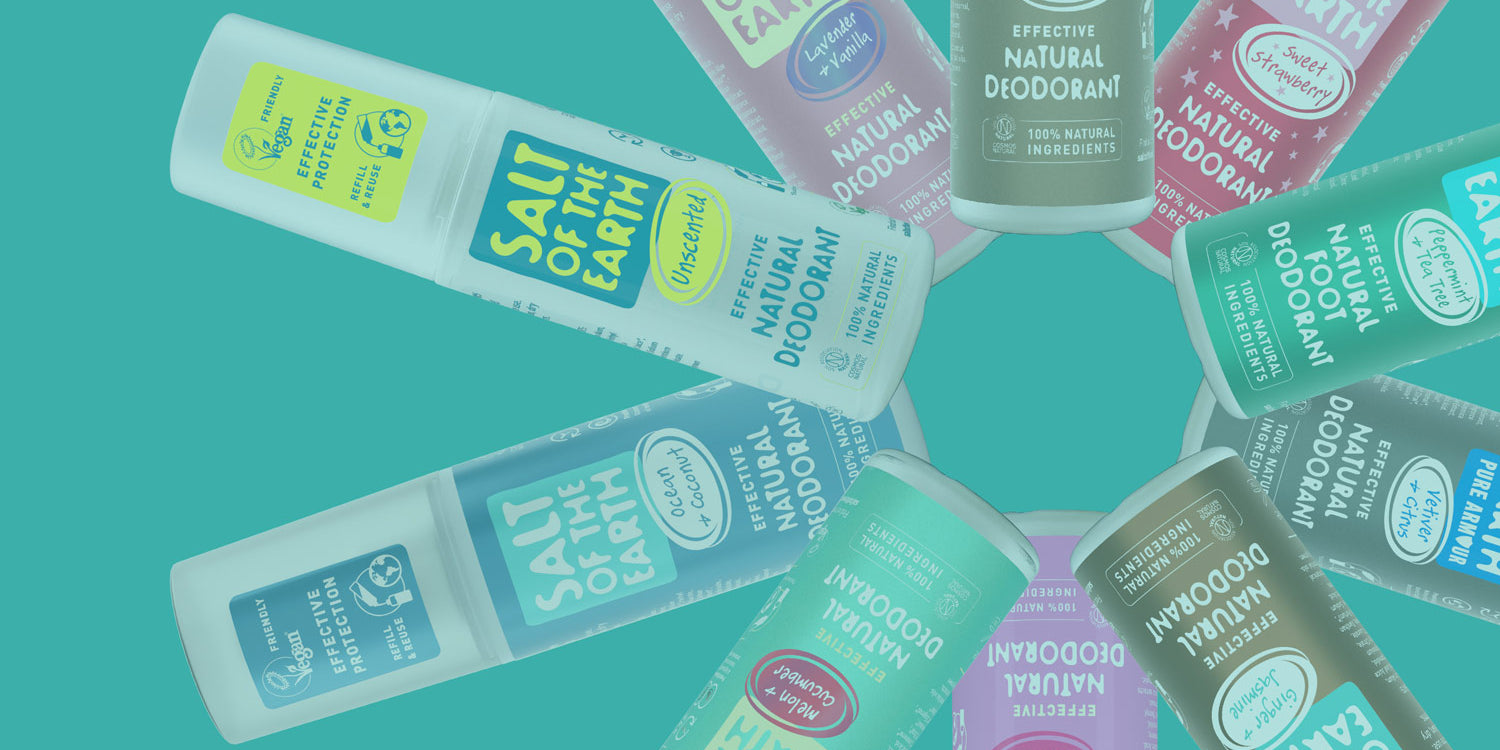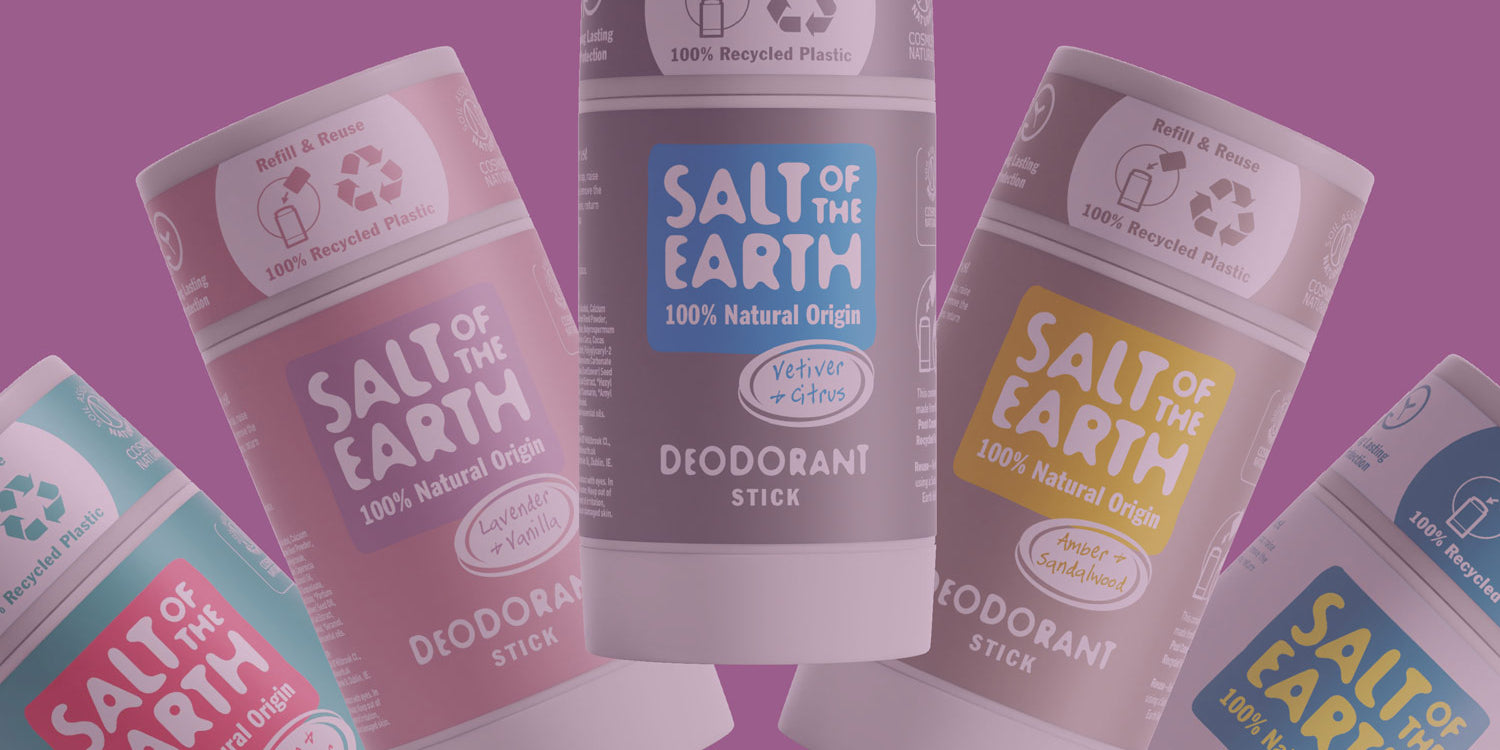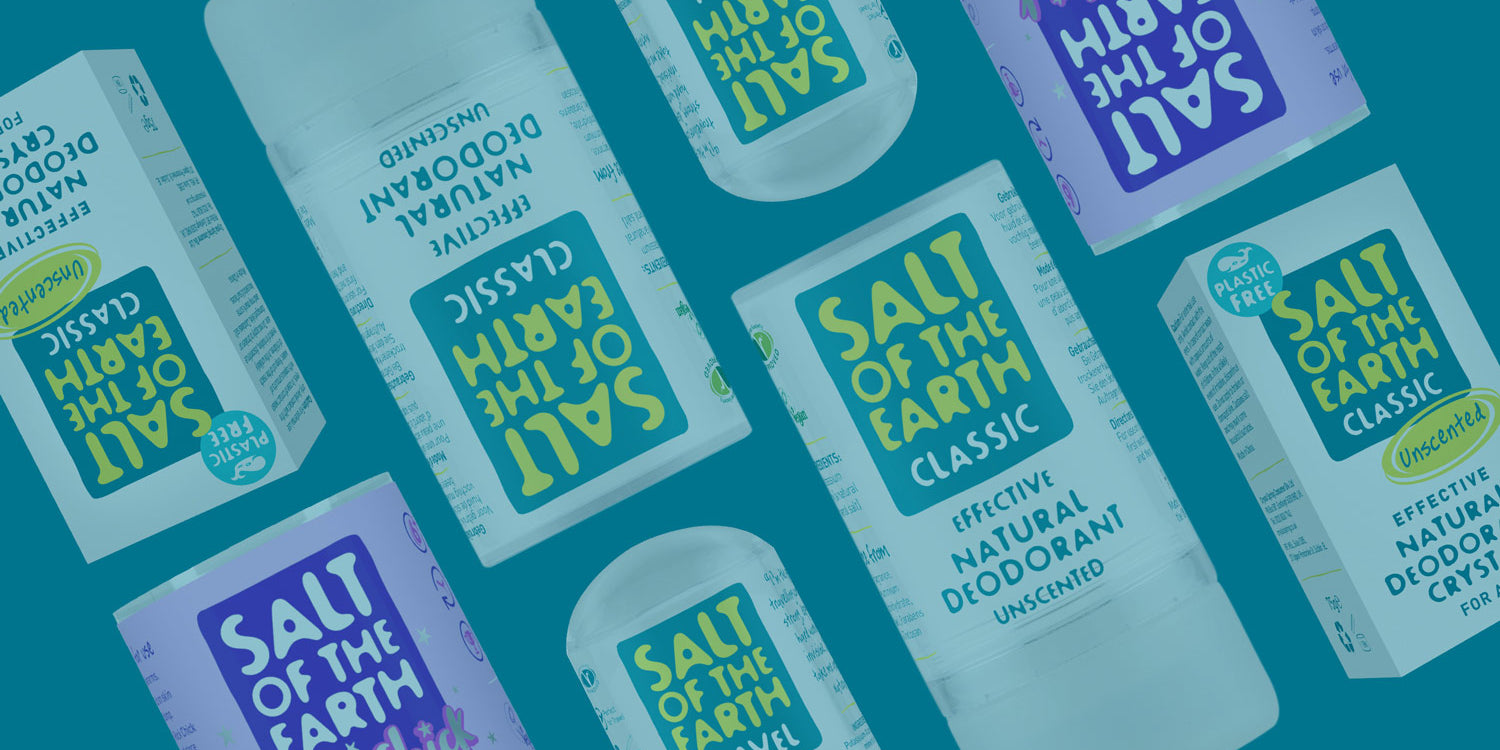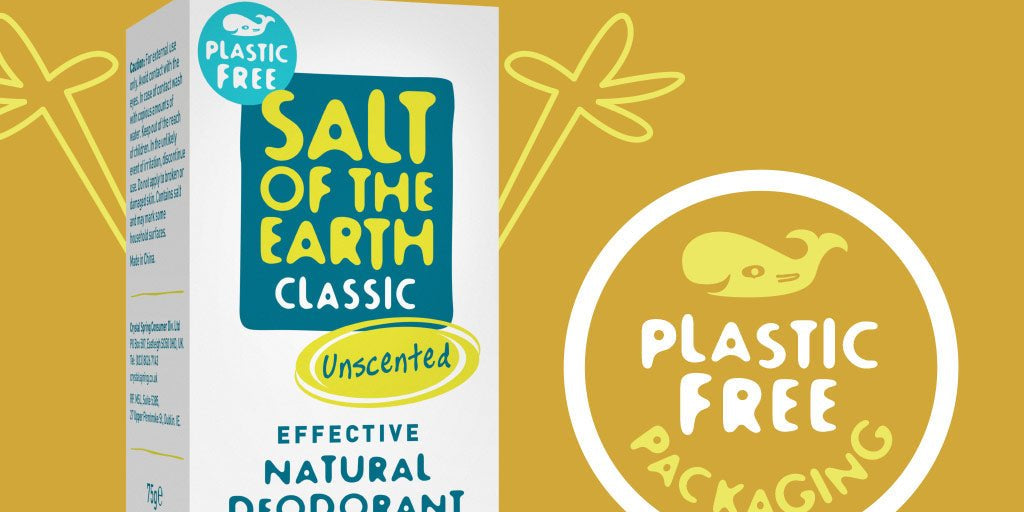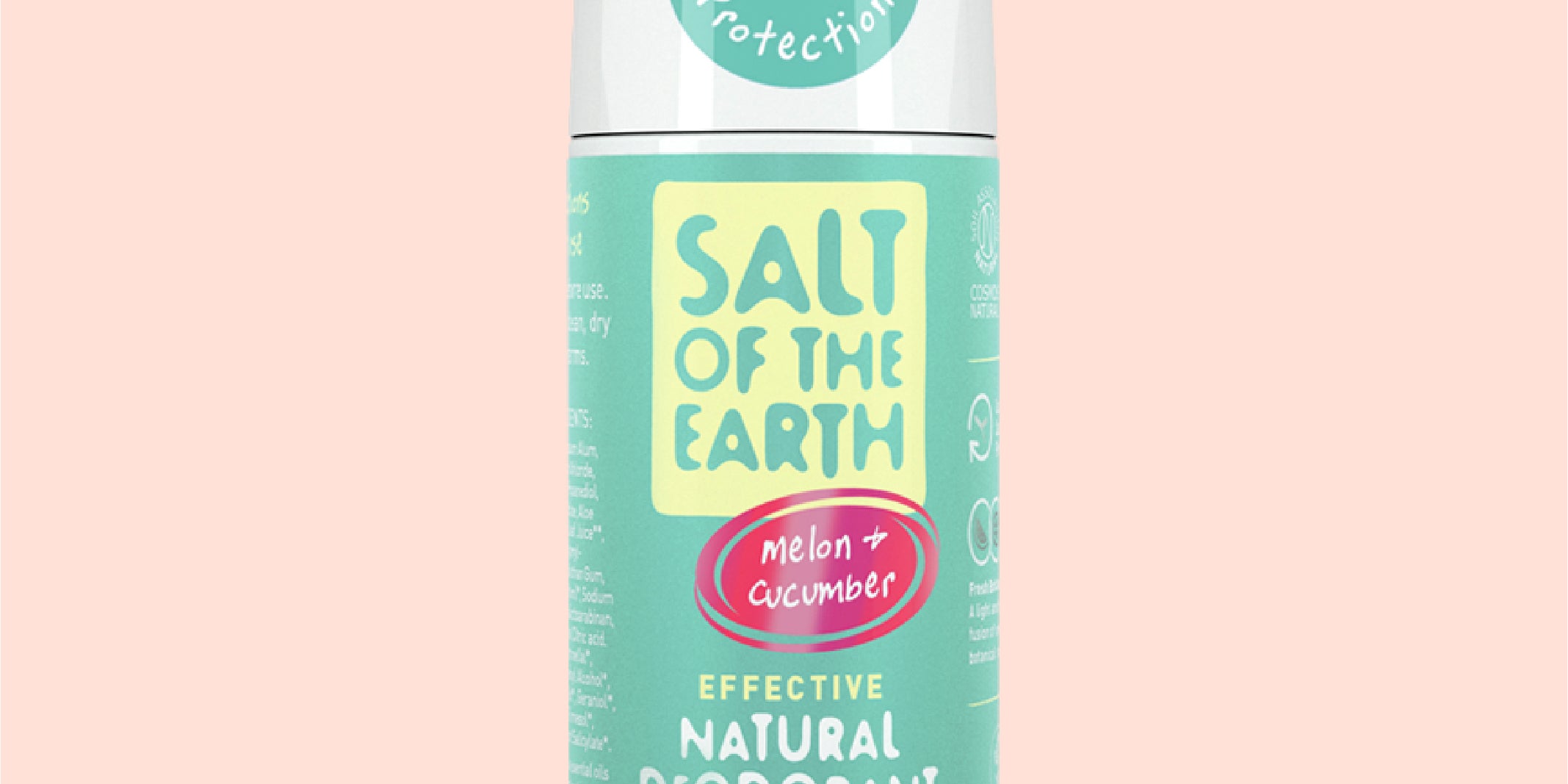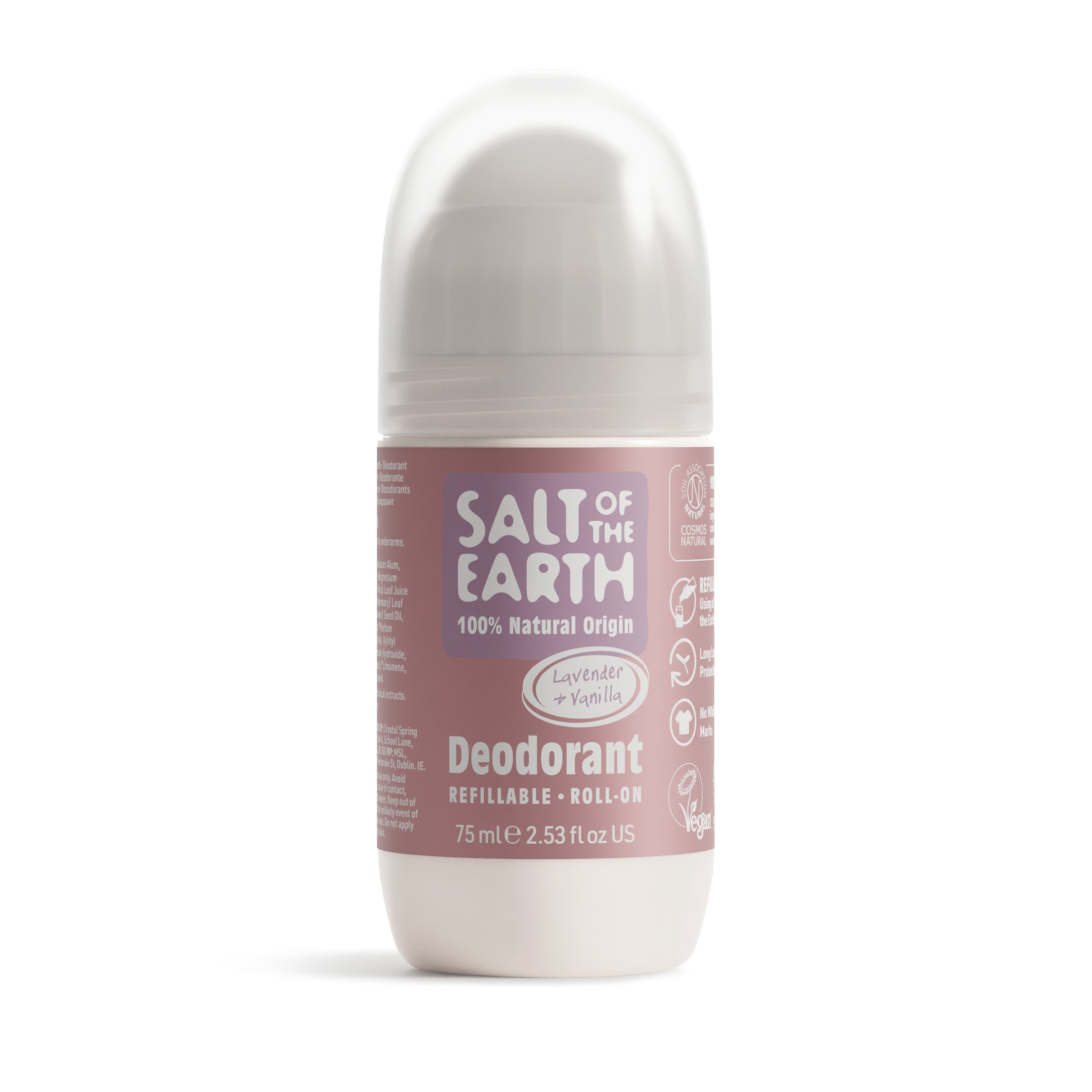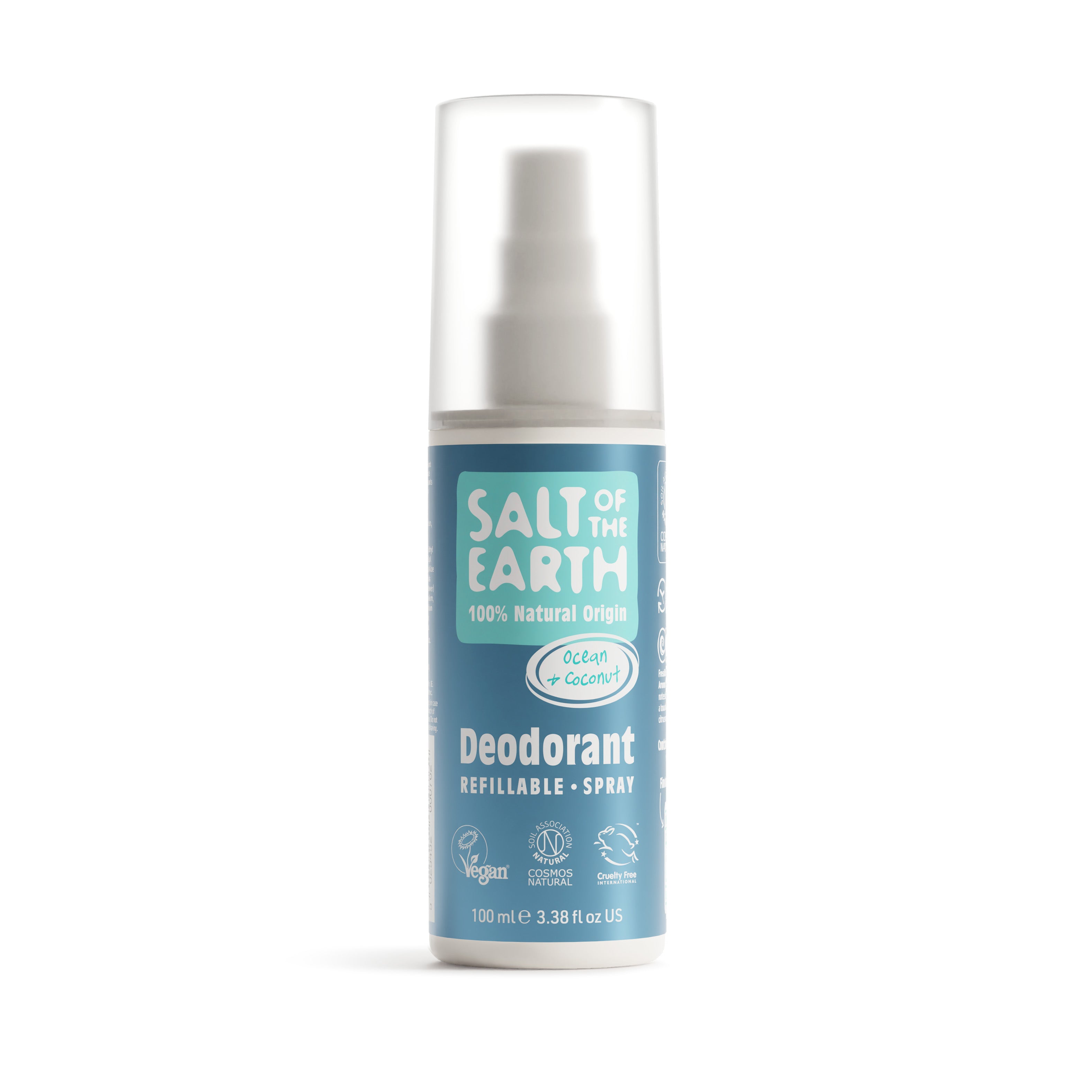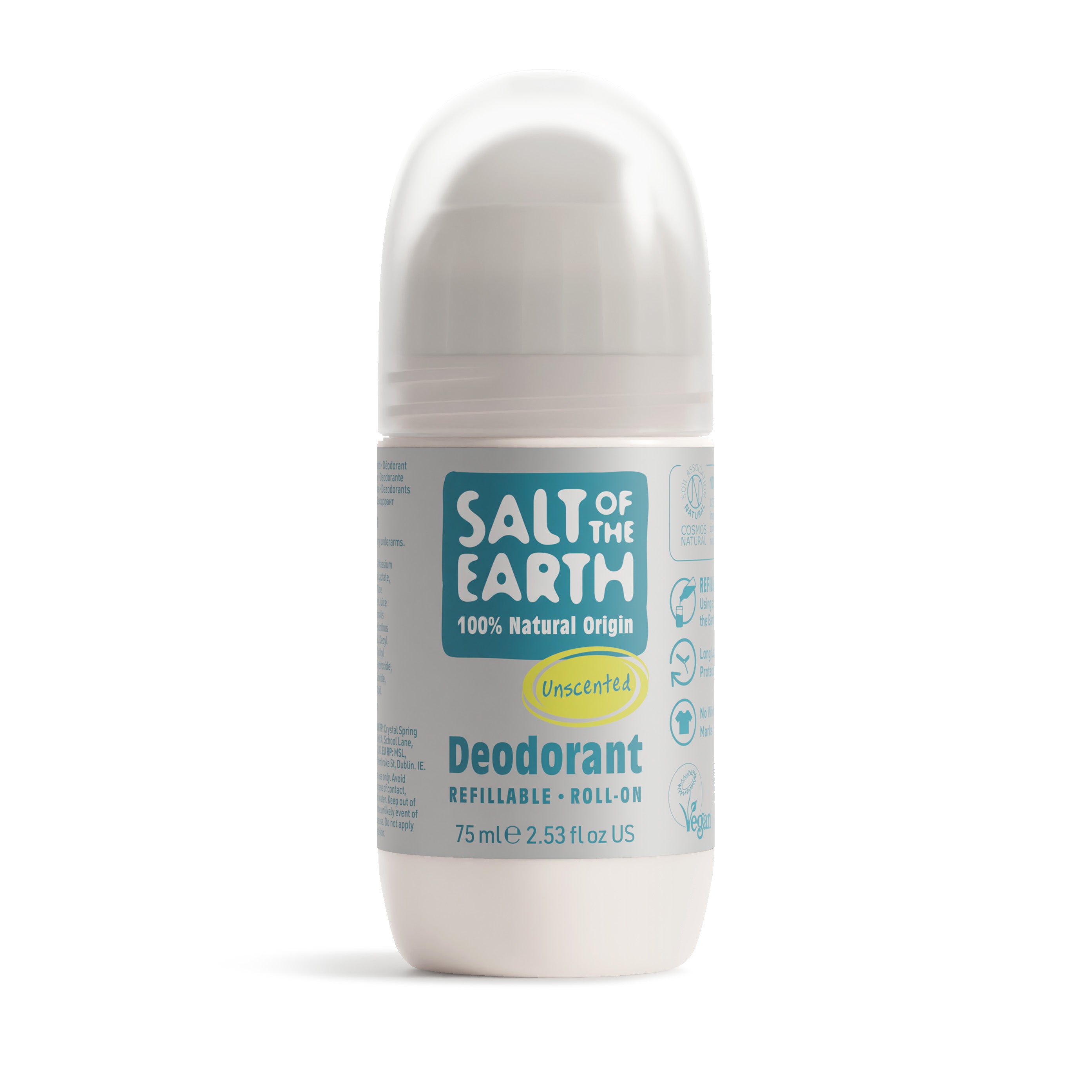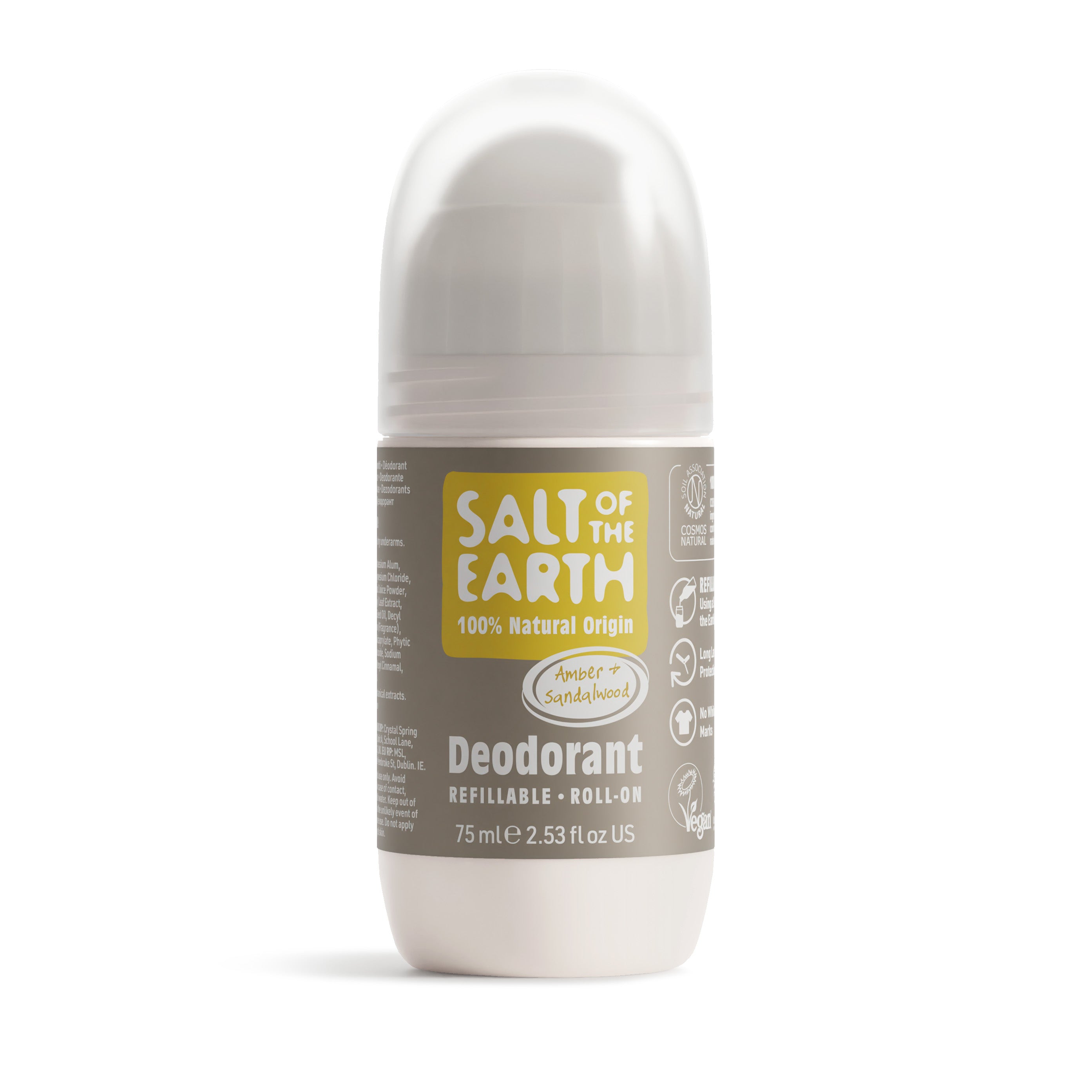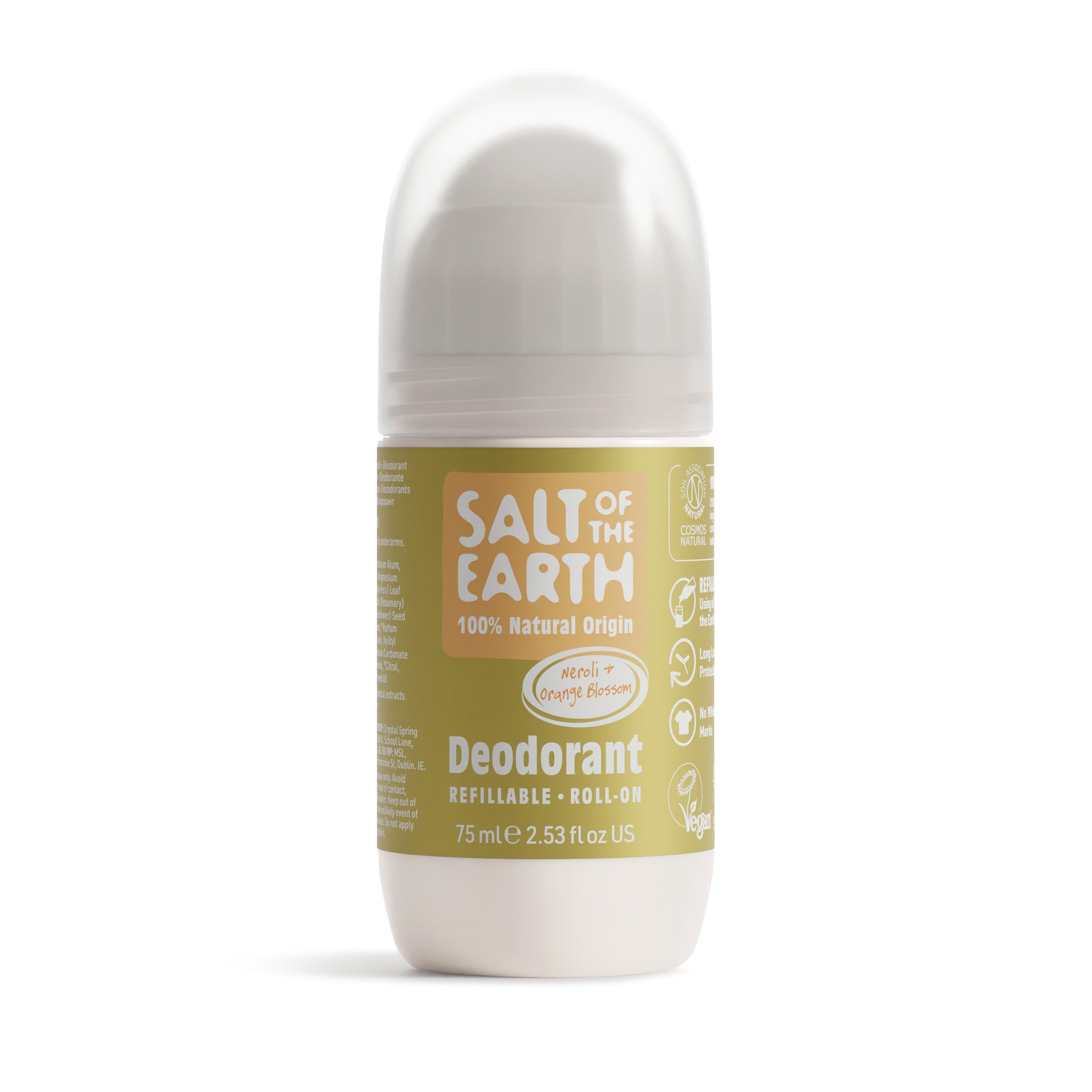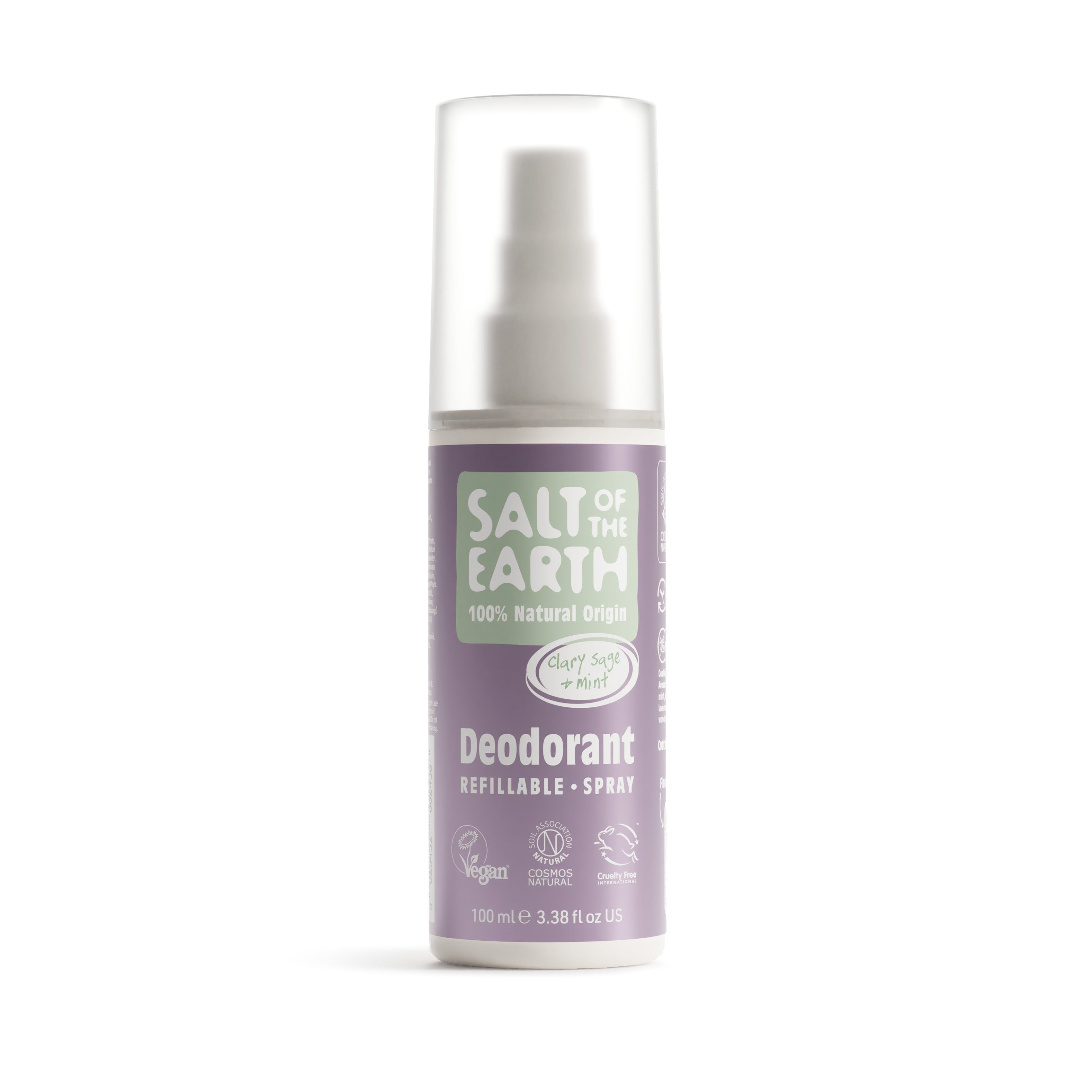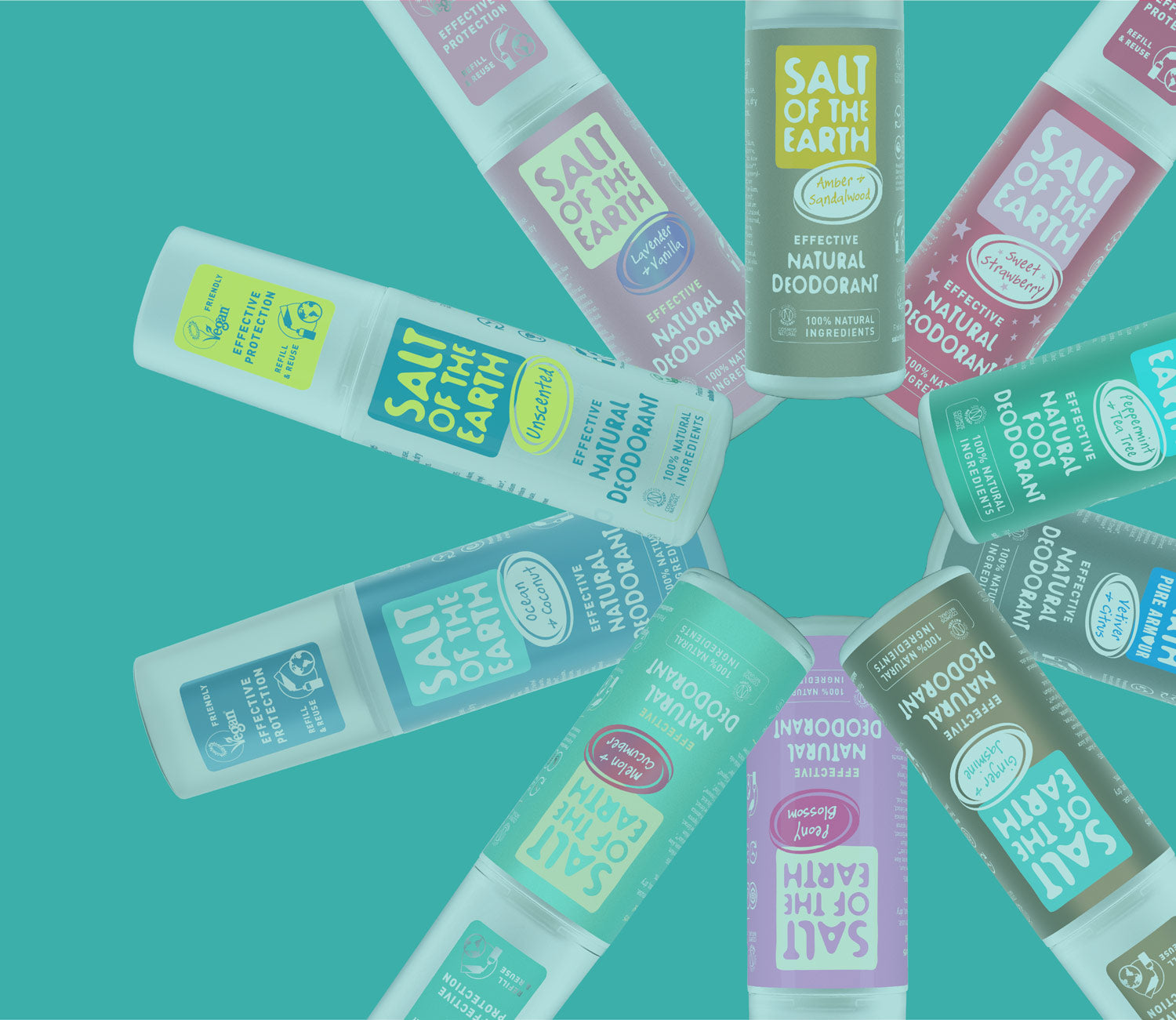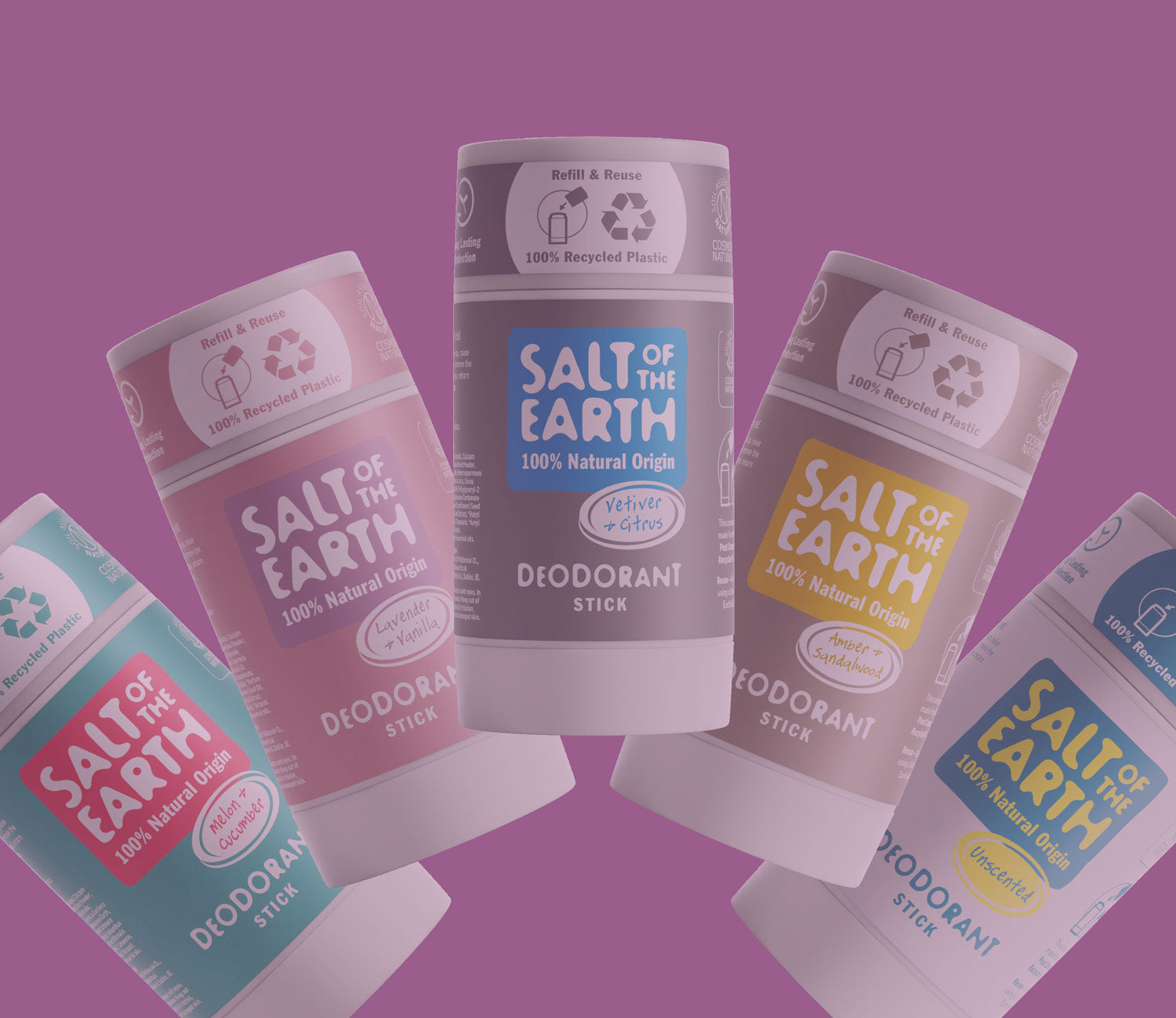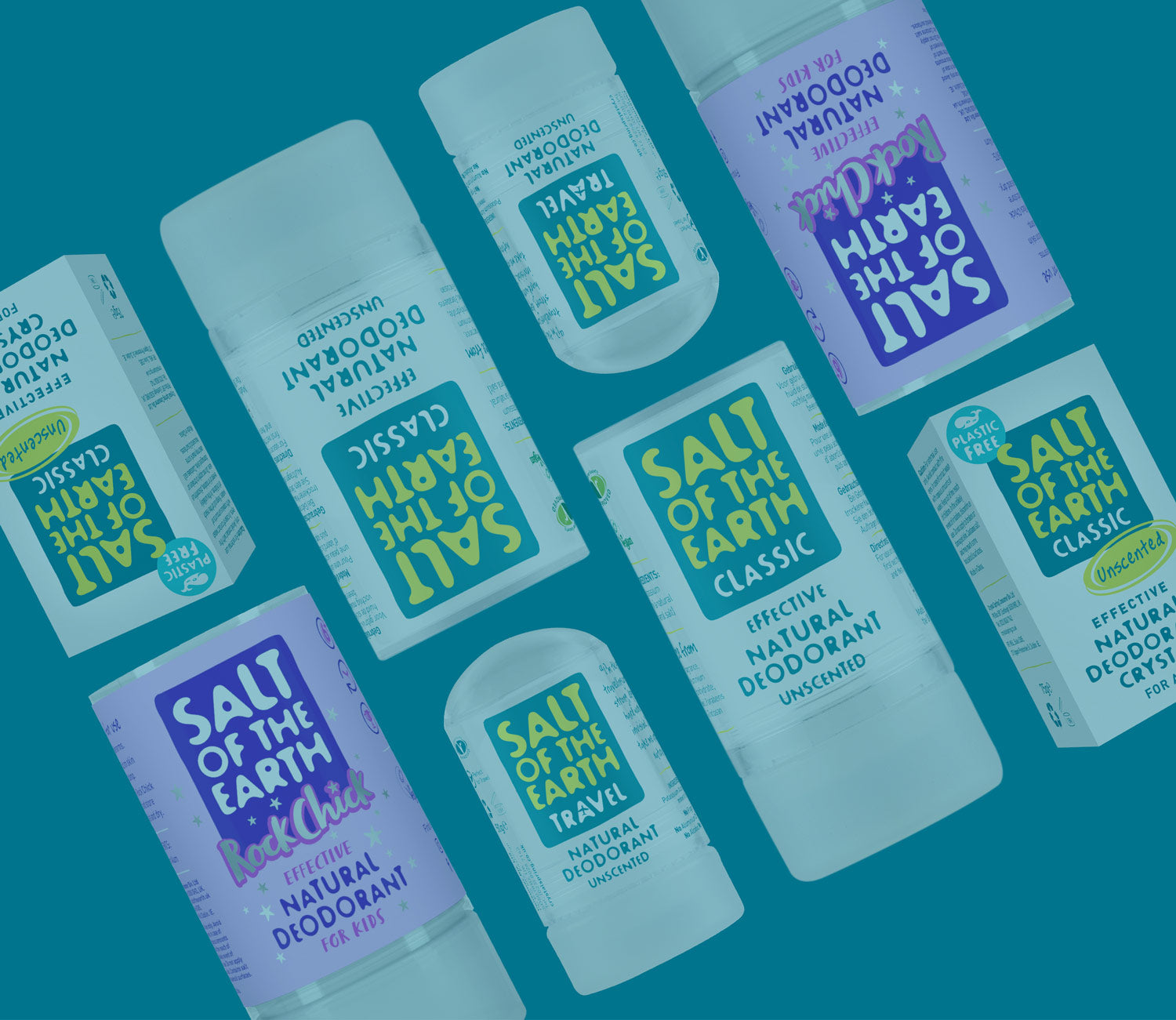We’re proud to be Cruelty Free at Salt of the Earth, which is why we want to raise awareness regarding the threat to Europe’s ban on animal testing. The European Chemicals Agency (ECHA) is proposing new animal testing for ingredients, including ingredients that have been used safely for many years.
We would hate to see the animal testing ban in Europe broken. If you want to get involved and take action to save Cruelty Free Cosmetics then sign to support at www.savecrueltyfree.eu, further information can be found below.
Europe’s longstanding ban on animal testing is under threat. We must act now to Save Cruelty Free Cosmetics. We’ve joined forces with The Body Shop and animal protection organisations to sound a rallying call for consumers to sign the European Citizens’ Initiative – a formal mechanism for people to demand new legislation. Together with People for the Ethical Treatment of Animals (PETA), Cruelty Free Europe (CFE), Humane Society International (HSI), Eurogroup for Animals and the European Coalition to End Animal Experiments (ECEAE)*, we’re campaigning for one million signatures to Save Cruelty Free Cosmetics in Europe. Will you join us?
After decades of campaigning – by everyday people, animal protection organisations and companies, the European Union (EU) banned testing cosmetics products on animals in 2004. It put a stop to tests for cosmetics ingredients in 2009 – and finally, in 2013, the EU prohibited the sale of all cosmetics products that had been tested on animals. This landmark ban became the gold standard for regulatory change in countries all over the world. But now the ban is under threat.
Cruelty free cosmetics need our help
The European Chemicals Agency (ECHA) is proposing new animal testing for ingredients that have been safely used by consumers and handled in factories for many years – including those solely used for cosmetics. If these changes go through, millions of animals could be subjected to cruel and unnecessary testing. Not only do these changes put the eight-year animal testing ban at risk, they also threaten the progress to ban cosmetic testing on animals globally by 2023 – something the European Parliament has been boldy calling for since 2018.
This is unacceptable. We need your support to make it stop.
Act now to uphold the ban and save Cruelty Free Cosmetics in Europe
Thanks to modern, human-relevant, non-animal scientific alternatives, animal tests are no longer necessary. Safety scientists have been developing and using these for decades, so why stop now?
Now, we’ve joined forces with The Body Shop and animal protection organisations to speak out with one united voice against animal testing in Europe. We need your help to get 1 million signatures on the European Citizens’ Initiative as quickly as possible. Let’s send a clear message that the ECHA’s demands for new testing break the promise of a Europe without animal testing for cosmetics and go against the wishes of EU citizens. Sign to support and join us to demand that the European Commission:
- Protect and strengthen the cosmetics animal testing ban
Initiate legislative change to achieve protection for all cosmetics ingredients with no new tests on animals – for any purpose, or at any time
- Transform EU chemicals regulation
Ensure human health and the environment are protected by managing chemicals without the addition of new animal testing requirements
- 3. Modernise science in the EU
Commit, before the end of its current term of office, to a legislative proposal plotting a road map to phase out all animal testing in the EU
We say use science, not animals. We say no animal should have to suffer and die in the name of beauty. Sign to support and add your name if you agree.
www.savecrueltyfree.eu
*representing over 100 animal protection organisations from 27 EU member states
